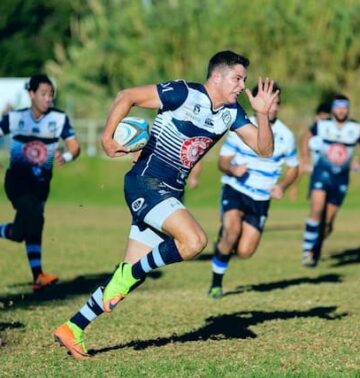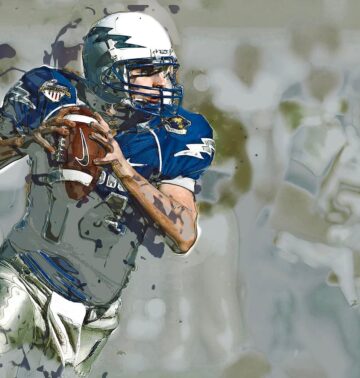When rugby lovers combine their love of sports with the thrill of gaming, they have exceptional potential to improve their online casino experience. Rugby enthusiasts may bring their passion for …

Rugby Sports School
Rugby Sports School

When rugby lovers combine their love of sports with the thrill of gaming, they have exceptional potential to improve their online casino experience. Rugby enthusiasts may bring their passion for …

